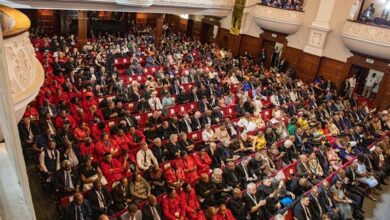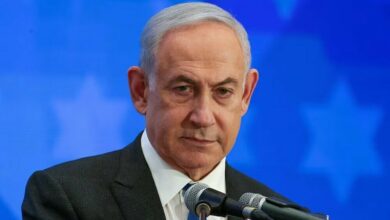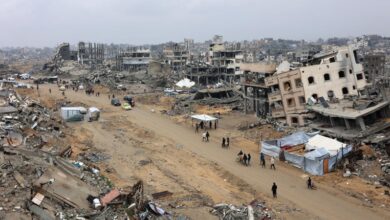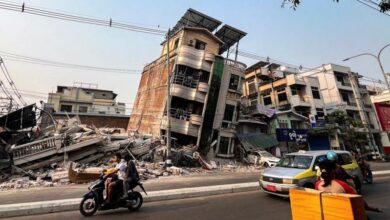Bangladesh Shuts Schools and Universities Indefinitely Following Deadly Protests Over Job Quotas
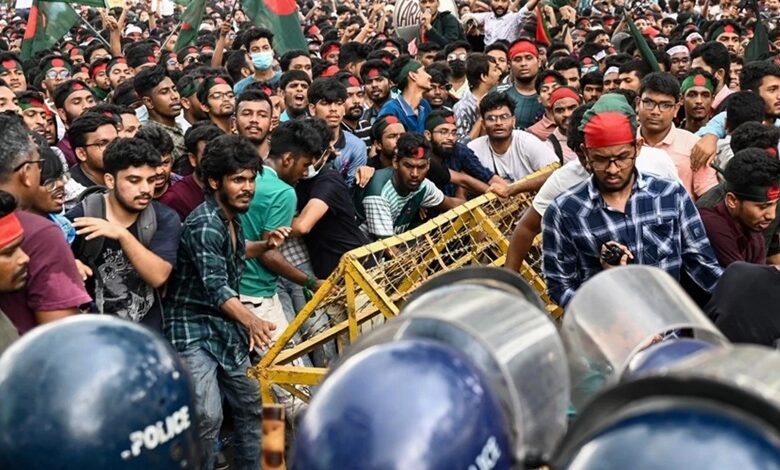
News Mania Desk/Agnibeena Ghosh/17th July 2024
In response to violent protests that resulted in six fatalities, Bangladesh has ordered an indefinite closure of all schools and universities across the nation. The unrest stems from widespread dissatisfaction with the government’s civil service hiring policies, particularly the quota system.
The Ministry of Education announced the closure to ensure student safety amid escalating demonstrations. Over the past weeks, tensions have intensified, culminating in violent clashes on Tuesday between protesters and pro-government student groups. The confrontations involved the use of bricks and bamboo rods, and police employed tear gas and rubber bullets to disperse the crowds.
Ministry spokesman MA Khair stated the shutdown is necessary for the security of students. Despite calls from Prime Minister Sheikh Hasina and the Supreme Court for students to return to class, protests continued to escalate. The violence on Tuesday resulted in three deaths in Chittagong, where victims showed signs of bullet injuries. Chittagong Medical College Hospital reported 35 additional injuries from the clashes.
In Dhaka, the capital, two people were killed as rival student groups hurled bricks and blocked key roads, causing significant traffic disruptions. Another fatality occurred in Rangpur, where a student was killed during clashes. With major highways blocked by protesters, authorities deployed the Border Guard Bangladesh (BGB) force to five key cities, including Dhaka and Chittagong, to restore order.
The protests are driven by demands to abolish a quota system that allocates over half of civil service positions to specific groups, including the children of veterans from Bangladesh’s 1971 war of independence against Pakistan. Critics argue that this system disproportionately benefits children of pro-government groups loyal to Prime Minister Hasina, who secured her fourth consecutive election win in January.
The ongoing violence has led to significant unrest in the country. Protesters, carrying Bangladeshi flags and sticks, have vowed to continue their demonstrations until their demands are met. Nahid Islam, the coordinator of the anti-quota protests, stated that marches and rallies would persist nationwide.
The government’s response to the protests has been firm. Prime Minister Hasina has referred to those opposing the quota system as “Razakar,” a term used for individuals who allegedly collaborated with the Pakistani army during the 1971 war. This statement has further inflamed the protesters, resulting in more clashes and violence.
The shutdown of educational institutions is part of the government’s broader strategy to quell the unrest and restore stability. However, the indefinite closure has added to the uncertainty faced by students and educational staff across the country.
As the situation develops, authorities continue to monitor the protests closely, deploying additional security forces where necessary. The indefinite closure of schools and universities is a stark indicator of the severity of the unrest and the government’s determination to address the issue comprehensively.



